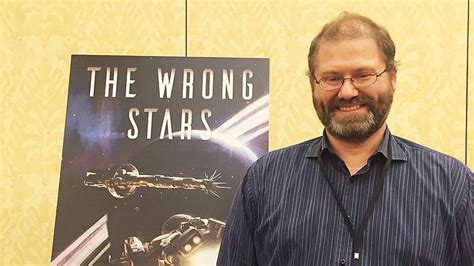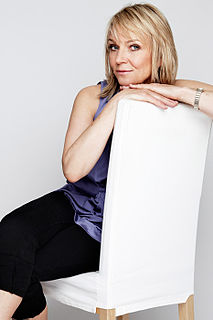A Quote by Carl Hiaasen
Unfortunately, I don't get to read nearly as much as I want because I'm always working on my own stuff, either the novels or newspaper columns.
Related Quotes
When I was a kid and a young man I read everything. When I was about 23, I was incredibly lucky in that I wound up with several book review columns, which meant that I had to read huge amounts of stuff that was outside my experience and outside my comfort zone. I think every young writer should be forced to read the kind of stuff they would not normally read for pleasure.
Unfortunately, when you're working in film, it's this huge machine, and you've got to get everyone right there, so you get kind of locked into things. I'm not sure where the artistry in film making is. It's usually that moment when you're on set and you're working with the actors. That's the time to play around, the moment of theater. And then you can shape things. But a lot of it is just managing stuff. It's upsetting because you get away from the core.
Maybe I've just read too many novels. In novels, alcoholics are always attractive and fuuny and charming and complex, like Sebastian Flyte or ABe North in Tender in the Night, and they're drinking because of a deep, unquenchable sadness of the soul, or the terrible legacy of the First World War, whereas I just get drunk because I'm thirsty, and I like the taste of lager.
The newspapers, I perceive, devote some of their columns specially to politics or government without charge; and this, one would say, is all that saves it; but as I love literature and to some extent the truth also, I never read those columns at any rate. I do not wish to blunt my sense of right so much.
I was raised pretty much a fundamentalist, but the one thing that fundamentalism gave to me was the love for that book and a commitment to read and study it. The difficulty is that I've read it all, I didn't skip around, I read it all, and when you read it all, you can't take it literally because you don't want to blame God for a lot of stuff that occurs in that book. There are some pretty violent scenes.







































